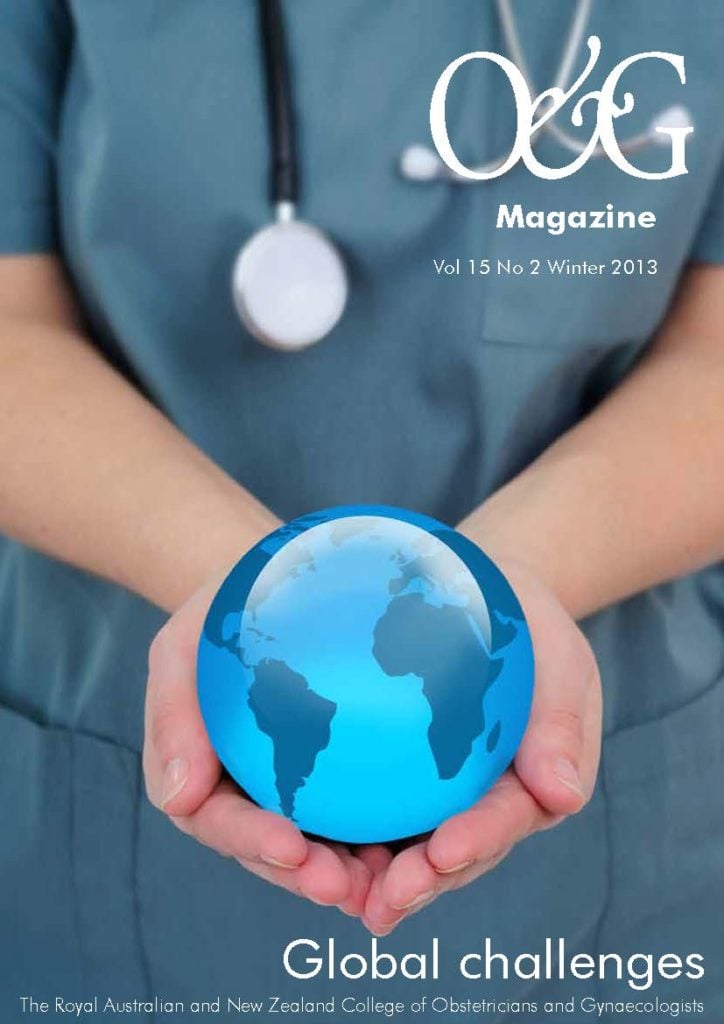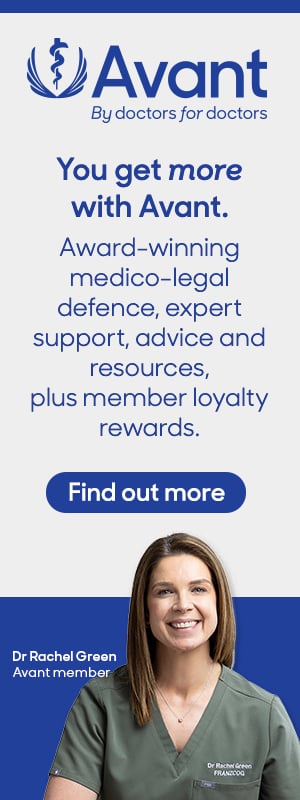Consider a hypothetical situation: a level-three registrar in obstetrics and gynaecology telephones the on-call consultant for after-hours advice. The consultant is obviously inebriated. How should the Trainee handle such a situation?
The legal perspective
Trainees are certainly placed in an awkward position when they call in a consultant (after hours) who is obviously affected by alcohol. Because of the high duty of care owed to a patient (both morally and at law), the safety and well-being of patients should be every medical practitioner’s first priority, regardless of their seniority. In the case where a Trainee is presented with a consultant who is clearly intoxicated, it is in the best interests of the patient, the Trainee, their employer and the consultant, to send the consultant away, and endeavour to find another suitable medical practitioner to assist. A response of this nature is critical to avoid allegations of negligence and breach of professional duty by the Trainee.
If the consultant refuses, or if further assistance is not available, the matter should be brought to the attention of the hospital/employer as soon as possible, and the matter escalated quickly through appropriate management channels. Every hospital should have clear procedures for escalation of issues of this nature.
The Trainee will have an obligation to their hospital/employer to follow these policies and endeavour to take steps to remedy the situation as best they can. Further, a consultant practising medicine while intoxicated or under the influence of alcohol or drugs is notifiable conduct under the mandatory reporting requirements of the National Law for Regulation of health practitioners.
Where the Trainee has successfully sent the consultant away, mandatory reporting may not arise. It only becomes relevant if the Trainee reasonably believes that the consultant has ‘practised whilst intoxicated by alcohol or drugs’. If the consultant leaves, the requirement for mandatory reporting may be avoided. It is, nonetheless, conduct that could be reported to AHPRA, and is certainly a matter that should be reported to the hospital/employer.
Where a notification to AHPRA is made in good faith under the National Law, a Trainee will be protected by the indemnity provisions and will not be exposed to penalties that could be applied by any civil, criminal or administrative law process. The National Law also provides that notifications made in good faith cannot give rise to defamation proceedings, and will not be considered a breach of professional ethics.
If the consultant has practised while intoxicated (and therefore has not agreed to be sent away), the Trainee will be under an obligation to make a mandatory report, or convince the hospital/employer to make a mandatory report – and failure to make a mandatory report may itself constitute a breach of professional obligations under the National Law.
It would also be appropriate for the Trainee to prepare a written report on all that occurred. This would be appropriate if only for the Trainee’s own records, if not to constitute an appropriate report to the hospital/employer.
From a practical point of view, a Trainee who deals with an intoxicated consultant should raise the issue as soon as possible with a member of management on duty. This can help manage the incident in the short term, ensure that the consultant is not exposed to patients and help to ensure that the consultant gets home safely.
The consultant’s perspective
The foremost consideration in such a situation is the safety of the patients at present under the care of the registrar. A third-year Trainee should have already developed reasonable O and G skills, though will not be functioning at consultant level yet. It is imperative that further consultant cover be sought urgently. If it is an emergency situation, requiring consultant input, then the registrar should ring another obstetrician to seek help. They should explain the situation in general terms to the alternative consultant, and ask them if they are able to provide continuing back-up and assistance.
If there is no other consultant obstetric help available, the registrar must notify the Director of Medical Services, or their representative on call, and notify them of the situation, as it may be necessary to put the hospital on ‘bypass’ for O and G care, until back-up consultant cover is obtained.
The registrar needs to ensure that there is adequate documentation about the situation, and should seek help from medical administration in the hospital, or from a medical defence organisation about mandatory reporting obligations under National Law. Ideally, the registrar should seek a meeting with the consultant on his/her return to work, and discuss the situation, and request an explanation. This is clearly something that many registrars would find confronting and difficult to do. The consultant who was drunk may be a serial offender, and thus pose a significant risk to patients and the people s/he is supposed to be overseeing. Prompt recognition and management of such a problem is vital.






Leave a Reply